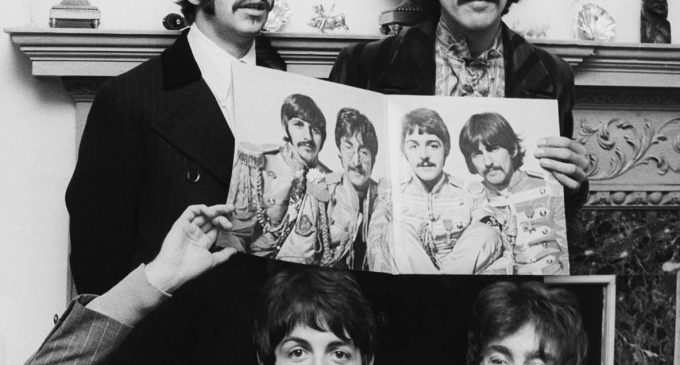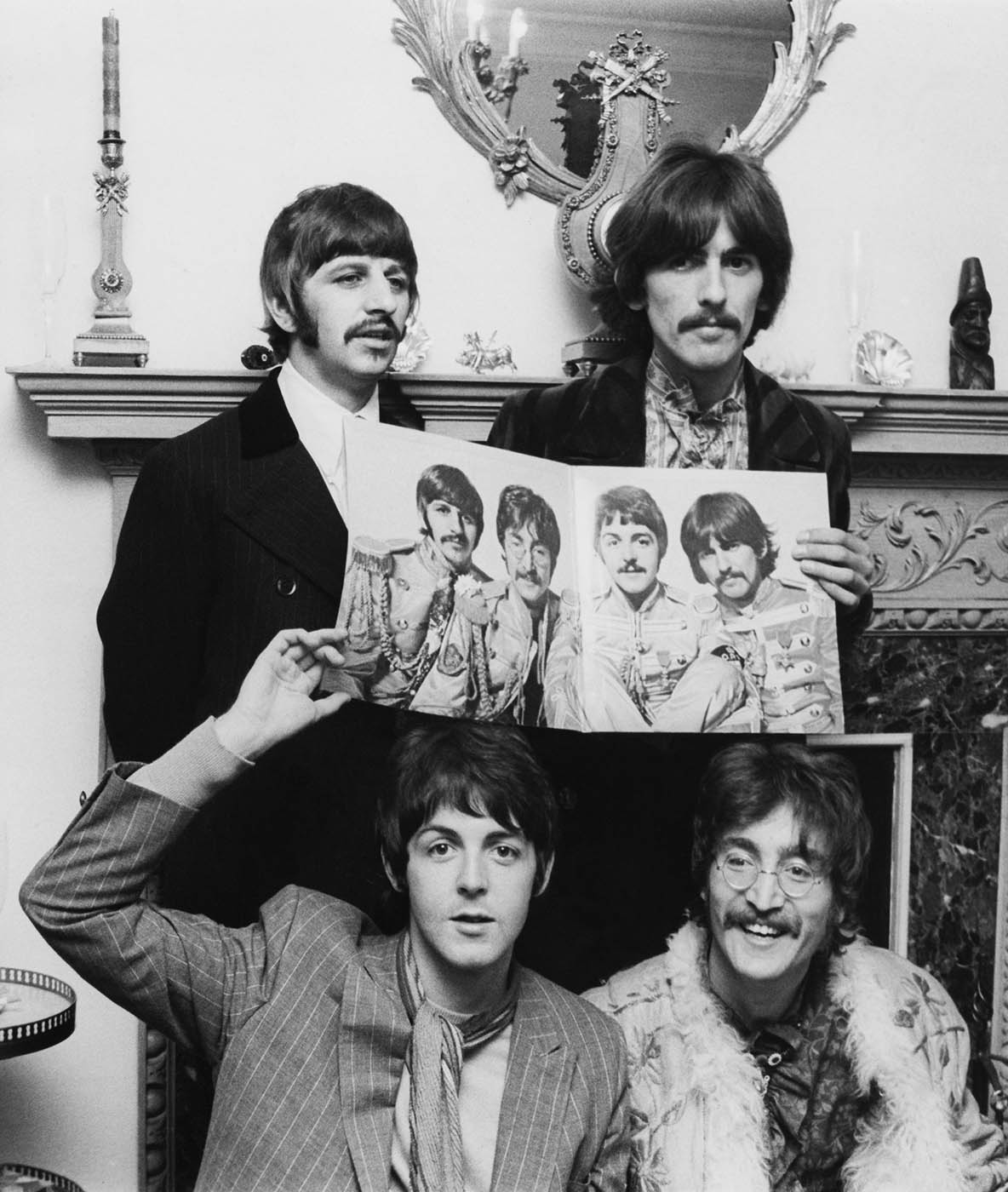‘Sgt. Pepper’ at 50: The Flaws and Misunderstood Genius of The Beatles’ Most Iconic Album

One of the great perks of being a Beatles buff is that the band left plenty of unalloyed masterpieces, and a couple of dark horses, that make for a lot of fun arguments you can have in your head, changing course when need be and reversing field like your last series of thoughts existed for the sole purpose of creating totally oppositional ones. That’s a pretty Beatle-y conceit, as if you’ve passed through that Sea of Holes in Yellow Submarine, with your previously held opinions shape-shifting in the process.It’s not the case now, but as we mark the 50th anniversary of the June 2, 1967 release of Sgt. Pepper’s Lonely Hearts Club Band, it’s worth noting that from the time of that release until, say, the mid-1990s, this was the album you were told was, far and away, the best album that had ever been released. To question this was to go against a veritable rock and roll Commandment in which it was writ: The Band Leader Hereforth Known as Sgt. Pepper Presides Over the Greatest Musical Platter There Ever Shall Be.
As a kid, I spent an ungodly amount of time ranking The Beatles’ albums in my head. I never had Pepper first, but I always had a qualifier for my argument, which we shall come to. I started getting into the band hardcore in the early 1990s, so I was there to watch this shift away from Pepper and toward Revolver and Rubber Soul, the two albums that preceded it. A lot of that shift seemed to come from the UK, with magazines like the solid Q and the stolid MOJO really stumping for those earlier albums.
It took longer in America. If there was a poll of the best ever albums, it seemed a fait accompli that Pepper would top it. It was just a given. This was the rock record that went beyond rock records, whose import had as much—or more—to do with its timing, what it meant in the fabric of 1960s culture, what it suggested about possibilities in terms of audacious music-making. It was the “be free man” album more than any other, salt that was poured over a slippery hippie road for better traction.
But there was a big problem, and grant me a second while I don some protective headwear, because when you say anything negative about The Beatles, Beatles people flip the hell out. All the same: the songs on Sgt. Pepper were exceedingly substandard for the band.
I’ve spent enough of my life thinking about Pepper that I’m comfortable touching on where The Beatles went wrong, and where going wrong helped them go right, ultimately. Yes, Revolver and Rubber Soul are certainly better records, so far as the songs themselves go. I’d say that Abbey Road would be next, followed by the White Album, then A Hard Day’s Night—which is The Beatles’ one perfect album statement, free of any faults—with Pepper, from a certain point of view, coming in sixth.
Yes, I know: alert the hot take police, right? But sit tight a moment. The critics of Sgt. Pepper like to cite how the concept—this idea of The Beatles pretending to be another band—falls apart before we’re even three songs in. There’s a title song introducing this shit-hot military beat combo (with a flair for music hall, rather than stadium rock) that has been around for years, then a star-turn piece for one of its members, Billy Shears, who of course is Ringo Starr.
After that comes Lennon’s “Lucy in the Sky with Diamonds” and the concept album idea is jettisoned until there’s a reprise of the title track, which doubles as a farewell to what is ostensibly supposed to be a concert by these guys, with the very unlikely encore of “A Day in the Life.” A song that could be an encore for the end of the world. Safe journey home, etc.
Source: ‘Sgt. Pepper’ at 50: The Flaws and Misunderstood Genius of The Beatles’ Most Iconic Album




There are no comments at the moment, do you want to add one?
Write a comment